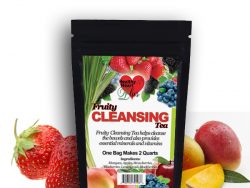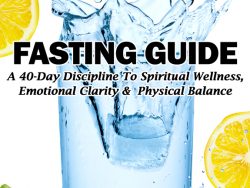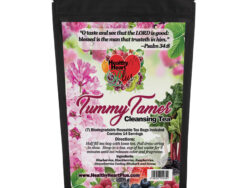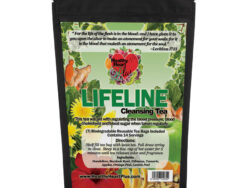In today’s fast-paced world, where convenience often trumps health considerations, the importance of clean eating cannot be overstated. Beyond just shedding pounds or fitting into a smaller dress size, clean eating forms the cornerstone of overall well-being, especially when it comes to heart health. Let’s delve into the intricate connection between clean eating and a healthy heart, exploring what you need to know to make informed dietary choices.
Understanding Clean Eating:
Clean eating is more than just a diet trend; it’s a lifestyle centered around consuming whole, minimally processed foods in their most natural state. This approach prioritizes nutrient-dense fruits, vegetables, lean proteins, whole grains, and healthy fats while minimizing intake of refined sugars, processed foods, and artificial additives. By focusing on real, wholesome ingredients, clean eating supports optimal nutrition and fosters a healthier relationship with food.

The Impact on Heart Health:
When it comes to heart health, clean eating shines as a beacon of preventive medicine. Research consistently demonstrates that diets rich in whole foods and low in processed foods are associated with a reduced risk of cardiovascular disease, the leading cause of death worldwide. Here’s how clean eating positively influences heart health:
- Lowering Blood Pressure: Clean eating emphasizes foods naturally low in sodium and high in potassium, such as fruits, vegetables, and whole grains. This balance helps regulate blood pressure levels, reducing the strain on the heart and lowering the risk of hypertension.
- Managing Cholesterol Levels: By choosing lean proteins, healthy fats, and high-fiber foods, clean eating supports healthy cholesterol levels. This can help prevent the buildup of plaque in the arteries, reducing the risk of atherosclerosis and coronary artery disease.
- Supporting Weight Management: Clean eating promotes satiety and stable blood sugar levels, making it easier to maintain a healthy weight. Excess weight, especially around the abdomen, is a significant risk factor for heart disease.
- Reducing Inflammation: Many processed foods contain inflammatory ingredients like trans fats, refined sugars, and artificial additives. Clean eating focuses on anti-inflammatory foods like fruits, vegetables, and omega-3 fatty acids, which can help reduce inflammation and protect against heart disease.
Practical Tips for Clean Eating:
- Fill your plate with a colorful array of fruits and vegetables, aiming for at least five servings per day.
- Choose whole grains like quinoa, brown rice, and oats over refined grains like white bread and pasta.
- Opt for lean proteins such as chicken, fish, beans, and tofu, and limit consumption of red and processed meats.
- Incorporate healthy fats from sources like avocados, nuts, seeds, and olive oil.
- Read food labels carefully, avoiding products with added sugars, hydrogenated oils, and artificial ingredients.
Clean eating is not a restrictive diet but rather a nourishing approach to food that prioritizes health and vitality. By embracing whole, nutrient-dense foods and minimizing processed and refined products, you can take proactive steps towards safeguarding your heart health. Remember, every bite is an opportunity to nourish your body and support your well-being. Choose wisely, eat mindfully, and savor the journey to a healthier heart and a happier life.





